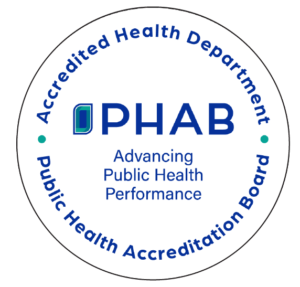What is asthma?
Asthma is a lung disease. It is the most common long-term children’s disease. A person with Asthma will have wheezing, breathing problems, a tight chest, and coughing in the night or early morning many times throughout their life. Asthma is something that you have all the time, but you may only have asthma attacks when something bothers your lungs.
Who gets asthma?
If one of your parents has asthma, you are more likely to also have asthma. In most cases, though, there is no known cause of asthma. There is no cure for asthma. You can control your asthma by knowing the warning signs of an attack, avoiding things that cause an attack, and following the directions of your doctor.
What is an asthma attack?
Airways are paths that carry air to the lungs. As the air moves through the lungs, these paths get smaller, like branches in a tree. During an asthma attack, the sides of the paths in your lungs get swollen. Muscles around the paths tighten so that less air can go into and out of the lungs. Mucus forms in the paths, which clogs them even more. This “attack,” which is also called an “episode,” can include coughing, chest tightness, wheezing, and trouble breathing.
What causes an asthma attack?
Many things can cause an asthma attack, like:
- Tobacco smoke;
- House dust mites;
- Outdoor air pollution;
- Cockroach droppings;
- Pets;
- Mold
How do I know that I have asthma?
A doctor can tell you if you have asthma. They will ask you questions about coughing, especially coughing at night. They will ask if your breathing problems are worse after physical activity or during a certain time of year. They will also ask about chest tightness, wheezing and colds that last more than 10 days. The doctor will ask about your family history asthma and allergies and may take a test of how well your lungs work.
How is asthma treated?
Follow your doctor’s directions. Asthma can be controlled with certain medicines.
What can I do to stop from having an asthma attack?
Know the warning signs of an attack and avoid things that cause an attack:
- Parents, friends and relatives of children with asthma should try to stop smoking. Until they quit, they should smoke only outdoors and not in the home or family car.
- For home dust control, use mattress covers and pillow case covers. Down filled pillows, quilts or comforters should not be used. Stuffed animals and clutter should be removed from bedrooms.
- Avoid doing things outdoors on ozone action days.
- To control cockroaches, vacuum and sweep at least every two days. Clean up and remove sources of water. Use roach traps, gels, or get an exterminator to lessen the number of cockroaches in your home.
- Find another home for furry pets. If you do not want to get rid of your pet, do not let it in the bedroom. Keep the pet outside as much as possible and bathe the pet regularly.
- For mold control, keep humidity levels between 35% and 50%. Use air conditioning and a dehumidifier in hot, humid climates. Fix water leaks and clean up any mold in the home.
- Other things that can cause an asthma attack are exercise, the weather (freezing temperatures, high humidity, thunderstorms), some food and food additives, drugs and strong emotions. Learn what things cause your asthma attacks and avoid them.
Source:
United States Centers for Disease Control
https://www.cdc.gov/asthma/

